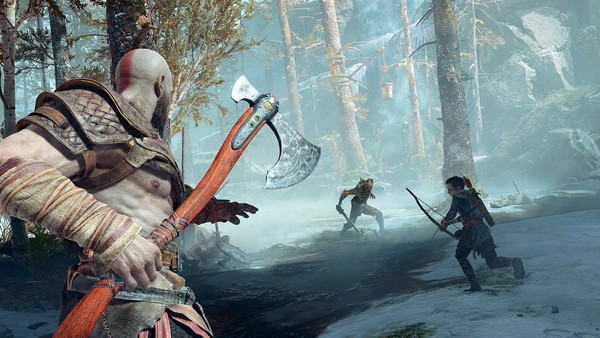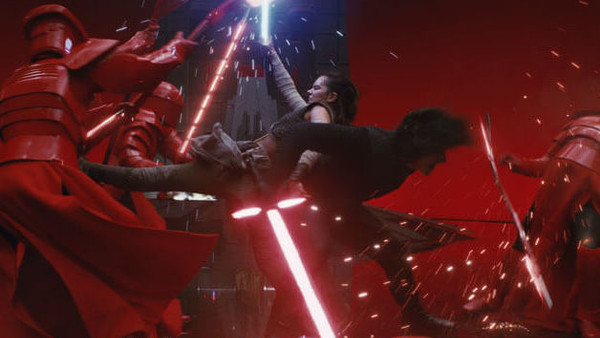One Crippling Mistake Every Modern Video Game Keeps Making
The key ingredient to why every past generation mattered so much more.

People often say that gaming in their childhoods was fundamentally more fun, or all-round "better", though they find it hard to articulate why. Maybe it's the influx of microtransactions, segmented stories, pre-order bonuses and the idea of a game being a "platform for content"... or maybe it's something else entirely.
Let's do a test. Try humming the most iconic video game theme you can think of.
Did you default to Mario? Zelda? Mortal Kombat? Maybe Halo or Uncharted?
All of these and more originated more than a decade ago, and point to a weird lack of truly memorable themes in modern gaming. Yes, we have phenomenal scores and soundtracks (anything by Austin Wintory is angelic as hell, Sonic Mania felt exquisite and both Hotline Miamis packs enough synthwave punch to help showcase an entire genre), but where are the themes?
Hollywood too, has decided to move away from such things. A series of video essays initially started by Every Frame a Painting point to how even something as monolithic and history-making as the Marvel Cinematic Universe has very little in the way of a sonic footprint. Try to hum anything close to a "key MCU theme" and you MIGHT make the roaring Avengers melody from their first formation; perhaps the Marvel logo theme that's been off and on in front of their films since 2016.
Basically, unless you're actively listening for these chord stabs and leitmotifs that make up what could be argued as "character themes", they aren't there - not in the same way as something like Star Wars, a franchise whose score was every bit a part of its personality and cultural impact as the characters and universe itself.
And yet... even The Force Awakens and The Last Jedi severely underuse legendary composer John Williams, besides a couple of key scenes. Is less more, or are we just getting less?

Whilst I can't point to the exact reason behind why this is happening (perhaps a reflection of how music as an entity has somewhat lost its "worth" thanks to rampant downloading?), but video games have also deviated away from having key musical themes at the forefront of their presentation or identity.
Besides Uncharted 4 reprising its own theme in a more mature sense and Overwatch placing a pretty slick, rousing score on the main menu, even the latter is a small composition relegated to a non-story or otherwise non-memorable part of a game.
Outside of these examples? Well... can you name any iconic game theme from the current generation? Hell, what about the entire decade? Yes, we had Skyrim, but that was back in 2011. Fortnite, the world's biggest game at time of writing, has next to nothing when it comes to memorable music.
You're more likely to remember the dance emote melody than what could be considered Fortnite's main "theme", and that says a lot.
Video game music can genuinely rouse the soul; trigger memories, levels, plot twists and above all, gameplay. A few chord stabs from the Halo theme and we're back to blasting away at the Covenant, sticky grenade'ing a wandering Grunt so he takes out the entire platoon. The Legend of Zelda's theme was all but missing from Breath of the Wild - and in fact, a lack of music was noted as one of the game's only negatives - until it contributed to one of the most phenomenal final sequences in quite some time.
The question must be asked: Why have Hollywood and gaming in general seemingly abandoned the power of music?
After smell tops the list of what helps us remember past events, music is right up there. We connect audio to visual whenever the former is worth listening to, and although the majority of new games make a point of having solid, anthemic, gorgeous scores and soundtracks, they're nothing compared to a single, memorable, franchise-encompassing theme.